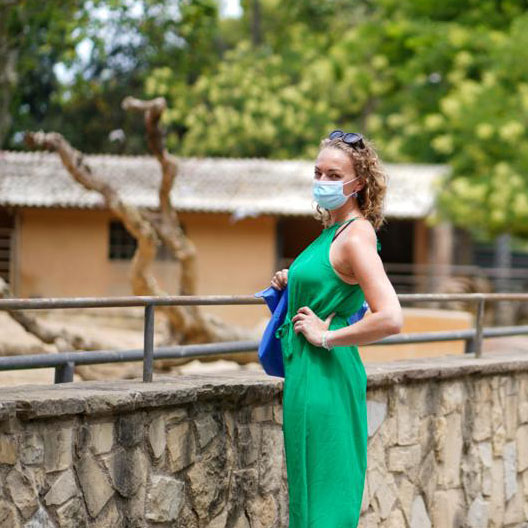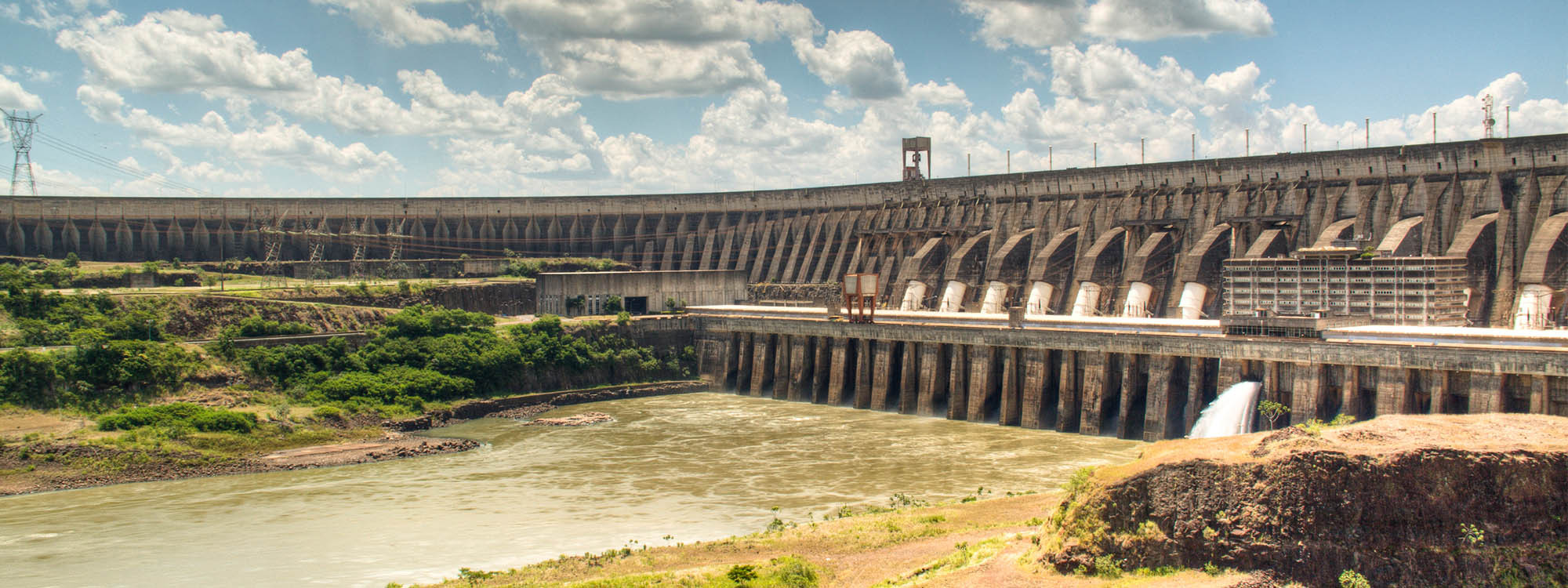
Cassandra Siemens — Senior Project Manager
At the best of times, life can be challenging for an international project manager spending her time between living in Canada and working in Nigeria. It becomes a lot more complicated when a global pandemic forces countries to restrict travel.
For Cassandra Siemens, who has been working on the PA-NPSP Power Africa Project for the past two years, dealing with these new obstacles has become part of the adventure.
Cassandra joined MHI in 2004 as a marketing student, became an accountant, and developed her career as a senior project manager – a position that has led her to dozens of countries around the world.
Can you give us a bit of background on your current role in the Power Africa Project?
Power Africa is a United States Government-led partnership that brings together public and private sector partners to increase access to electricity in sub-Saharan Africa. The goal is to add more than 30,000 MW of new electricity generation capacity and connect 60 million new homes and businesses to power by 2030.
I'm working on the PA-NPSP project in Nigeria where MHI holds the position of subcontractor to Deloitte Consulting Overseas Projects LLP. We are increasing electricity availability, access, and reliability throughout the country. As the senior energy advisor/senior project manager, I work with the distribution team lead to ensure proper communication and coordination across the project.
Were you in Nigeria when you found out countries were starting to close their borders?
Yes, for safety, we all decided to return home around March 16th. The people on our team are based in India, the United States, Kosovo, and South Africa, so we had to make sure everyone got to where they were going before the airports closed. We've all been working remotely since.
What is the status of the project now?
We've had to shift to a virtual model for everything. Dealing with different time zones has been the hardest part. My team lead in India is 11.5 hours ahead of us here in Winnipeg.
Our capacity-building work and data collection have become challenging, too. It's just easier to do these things in person. But we've been doing a lot of virtual training, moved to Zoom webinars, and online outreach. We're all dealing with it together.
Your team seems very understanding and helpful. Are there challenges working with such a diverse group?
I have a great relationship with my team. My colleague, Dipak, and I have worked in Nigeria for a long time, and I think one thing that's been obvious to anybody else joining this project is that we work hard to leave a great impression and maintain our relationships.
That attitude goes a long way in business, not just for your team, but especially working in developing countries. In a lot of cases, people show up, try to sell something, and leave. Our long-term, big-picture attitude is that relationships are essential. Regardless of the challenges we've faced, we've been able to maintain a positive working relationship and make real friendships.
You don't come from a technical background. Has that been a roadblock in your career?
I've been mistaken for an engineer more times than not – which is a good thing, I think. Working in this field, I've naturally gained a general knowledge in transmission and distribution topics, but it's always been important for me to have my technical team there to answer questions and facilitate any discussions.
Being a woman in any technical field has its challenges, and I often feel the need to make sure that I'm, maybe, more prepared to be taken seriously. I think I've just learned not to be intimidated. I've been in awkward situations in the past where it feels like people think I don't know what I'm talking about, but as long as I stick to facts and business, I've always been able to turn it around.
What does a return to normal look like for this project?
Elements can shift to a virtual environment or a work-from-home model, but a lot of the work we're doing needs to be on the ground because we're talking about outreach. The whole point of this project is to develop capacity. Online virtual webinars and communication only work well for people with stable internet access, which is not standard across the developing world and in many cases, excludes women and marginalized groups. We need to be working on location – working directly with people.

